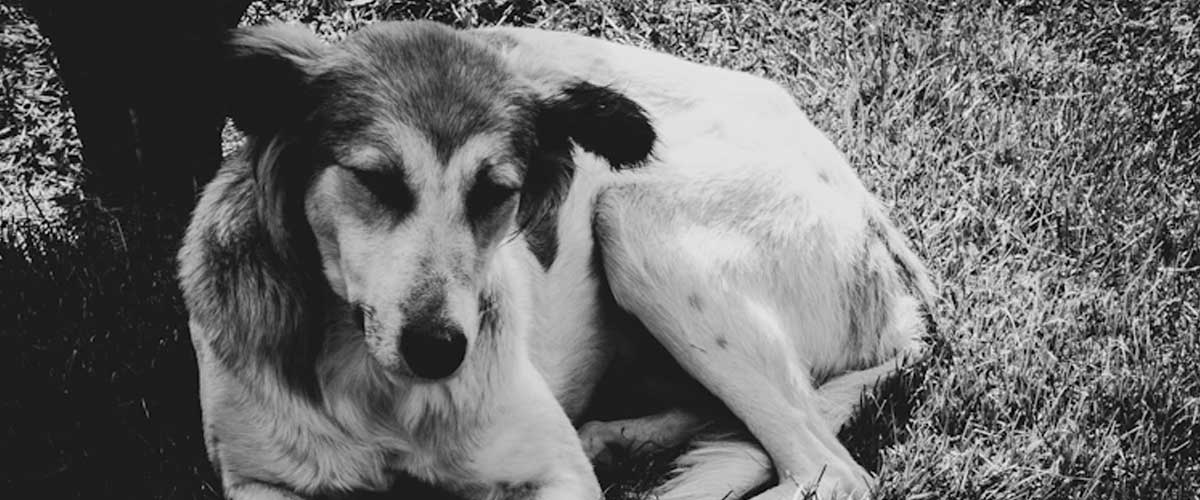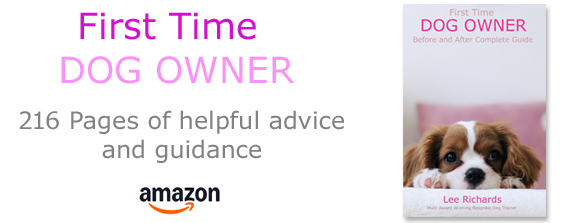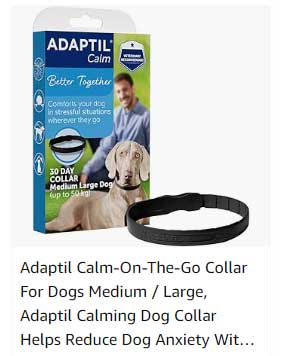Dog anxiety is a common issue that many pet owners face.
Just like humans, dogs can experience anxiety for various reasons, ranging from separation from their owners to environmental changes or past trauma.
The question arises: can dog anxiety be cured?
The answer is complex, as it often depends on the individual dog and the underlying causes of its anxiety.
Understanding Dog Anxiety
Before delving into solutions for dog anxiety, it’s essential to understand what it entails.
Canine anxiety can manifest in several ways, including excessive barking, destructive behavior, trembling, hiding, and even aggression in extreme cases.
Certain situations, such as thunderstorms, fireworks, or being left alone, might trigger these feelings.
Understanding your dog’s specific triggers is key to addressing its anxiety effectively.
There are several types of anxiety that dogs may experience:
1. Separation Anxiety:
This is one of the most common forms and occurs when a dog becomes stressed or anxious when separated from its owner.
Signs can include excessive barking, whining, or destructive behavior when left alone.
2. Fear-based Anxiety:
This type of anxiety is linked to specific fears, such as fear of loud noises, unfamiliar people, or new environments.
Many dogs may develop a fear response due to a traumatic experience.
3. Generalized Anxiety:
Some dogs experience anxiety that doesn’t seem to be triggered by a specific event or situation.
These dogs might show consistent signs of anxiety across different scenarios.
Can Anxiety Be Cured?
The term “cure” can be misleading in the context of dog anxiety.
While some dogs may recover fully with the right interventions, others might always have a predisposition toward anxiety.
The good news is that anxiety can often be managed effectively with a combination of strategies, leading to significant improvements in a dog’s quality of life.
Approaches to Managing Dog Anxiety
1. Behavior Modification:
Training and behavior modification techniques can be incredibly effective in managing anxiety.
Positive reinforcement training helps dogs develop alternative responses to anxiety-inducing situations.
For example, gradually desensitizing a dog to a fear trigger can help reduce its reactivity over time.
2. Environmental Adjustments:
Sometimes, making simple changes to a dog’s environment can alleviate anxiety.
Creating a safe space for a dog, devoid of loud noises or chaotic activity, can help it feel more secure.
Items like dog appeasing pheromone diffusers can also provide comfort.
3. Regular Exercise:
Physical activity is essential for a dog’s well-being.
Regular exercise helps release pent-up energy and can significantly reduce stress and anxiety levels.
A well-exercised dog is generally happier and more content.
4. Professional Help:
For severe cases of anxiety, consulting a veterinarian or a professional dog trainer can be beneficial.
They can offer tailored strategies and, if necessary, discuss medication options.
Certain medications can help manage anxiety by altering the chemical balances in a dog’s brain.
5. Alternative Therapies:
Many pet owners have found success with alternative therapies such as acupuncture, massage, or even aromatherapy.
These methods can complement traditional training and behaviour modification strategies.
6. Consistency and Patience:
Managing anxiety in dogs takes time. Consistency in training and routines is crucial for helping your dog feel secure.
Patience is essential, as progress may be gradual.
Conclusion
In conclusion, while dog anxiety may not have a straightforward “cure,” it can be effectively managed with the right approach.
By understanding your dog’s unique triggers and implementing a combination of behavioral modification, environmental changes, and, if necessary, professional assistance, you can help your furry friend cope with its anxiety.
Ultimately, a compassionate, informed approach will enable your dog to lead a happier and more relaxed life, allowing you both to enjoy your time together.
If you suspect your dog suffers from anxiety, don’t hesitate to seek help—the sooner the better!










